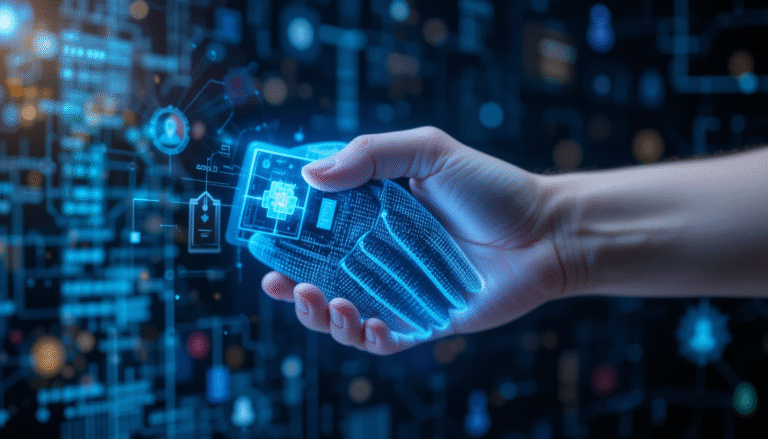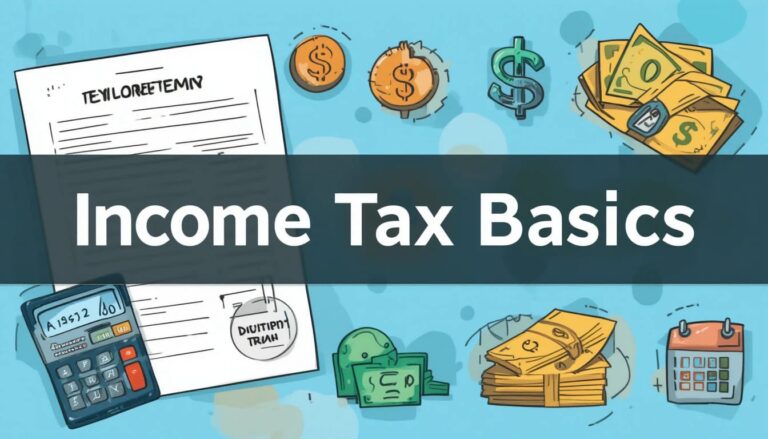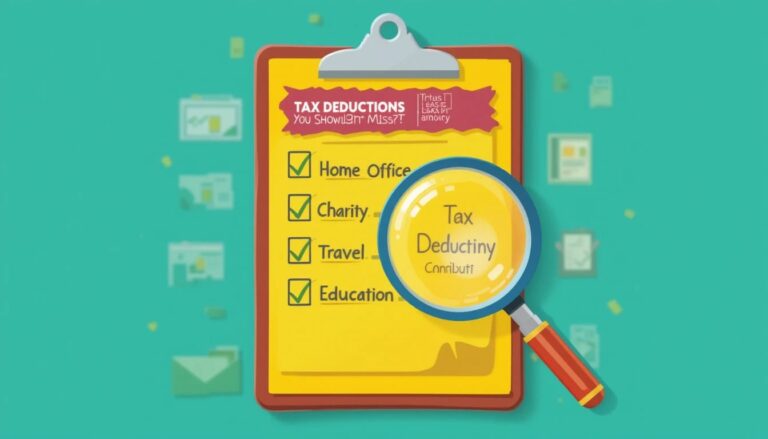Decentralize Your Future: Embrace the Power of Blockchain Technology

In an age dominated by centralized systems—from banks and governments to tech giants—more people are looking for ways to reclaim control over their data, finances, and digital identity. The solution? Decentralization.
To decentralize your future means adopting technologies and systems that empower the individual rather than corporations or institutions. It’s about shifting from centralized control to peer-to-peer interactions, where transparency, security, and autonomy reign.
In this article, we’ll explore how blockchain technology is leading the decentralization revolution and how you can be a part of it—starting today.
Why Decentralization Matters in Today’s World
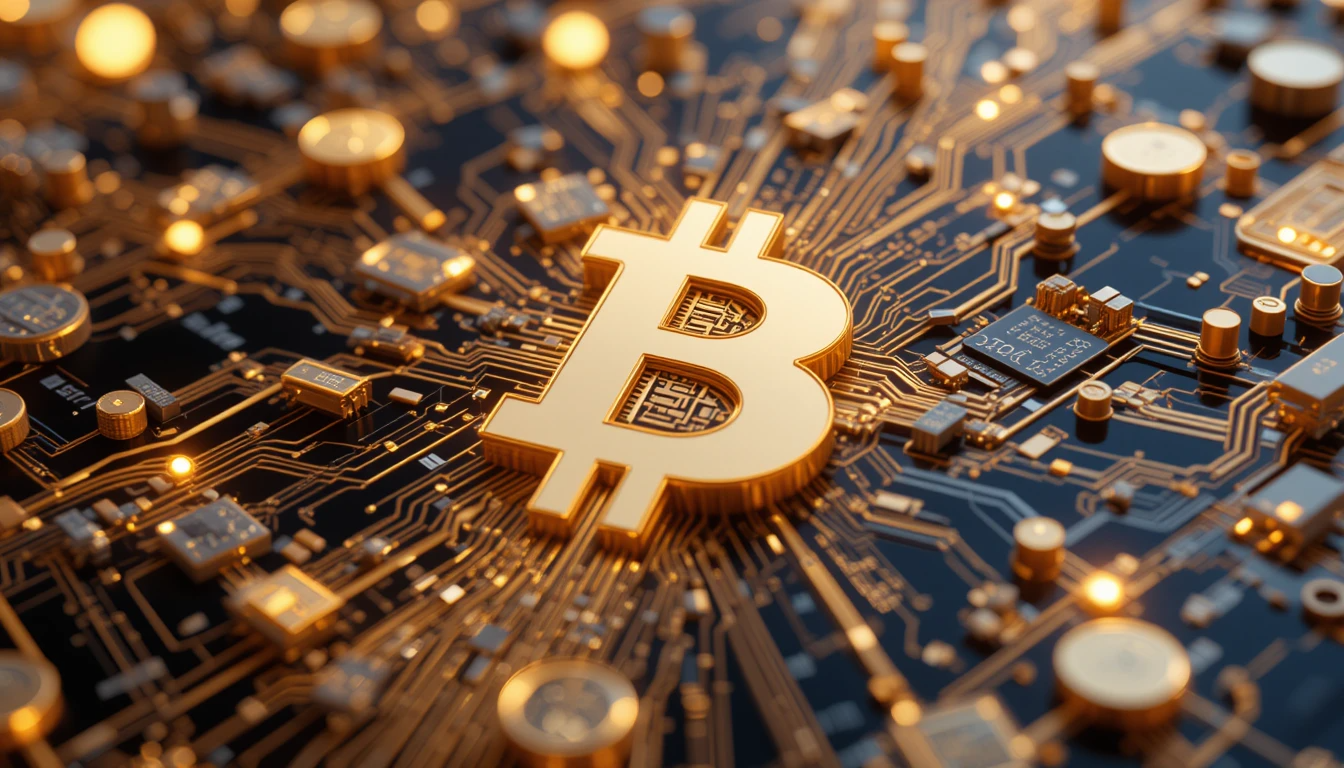
Centralized systems have long been the norm, but they come with major pitfalls:
- Single points of failure: A breach or shutdown can cripple entire systems.
- Data exploitation: Central authorities often misuse personal data.
- Lack of transparency: Trust is required, not verified.
Decentralization offers solutions to these problems:
- Resilience: Decentralized networks are harder to take down.
- Privacy: You own and control your data.
- Trustless transactions: Blockchain enables transparency without needing intermediaries.
Related Read: What is Blockchain and How Does It Work?
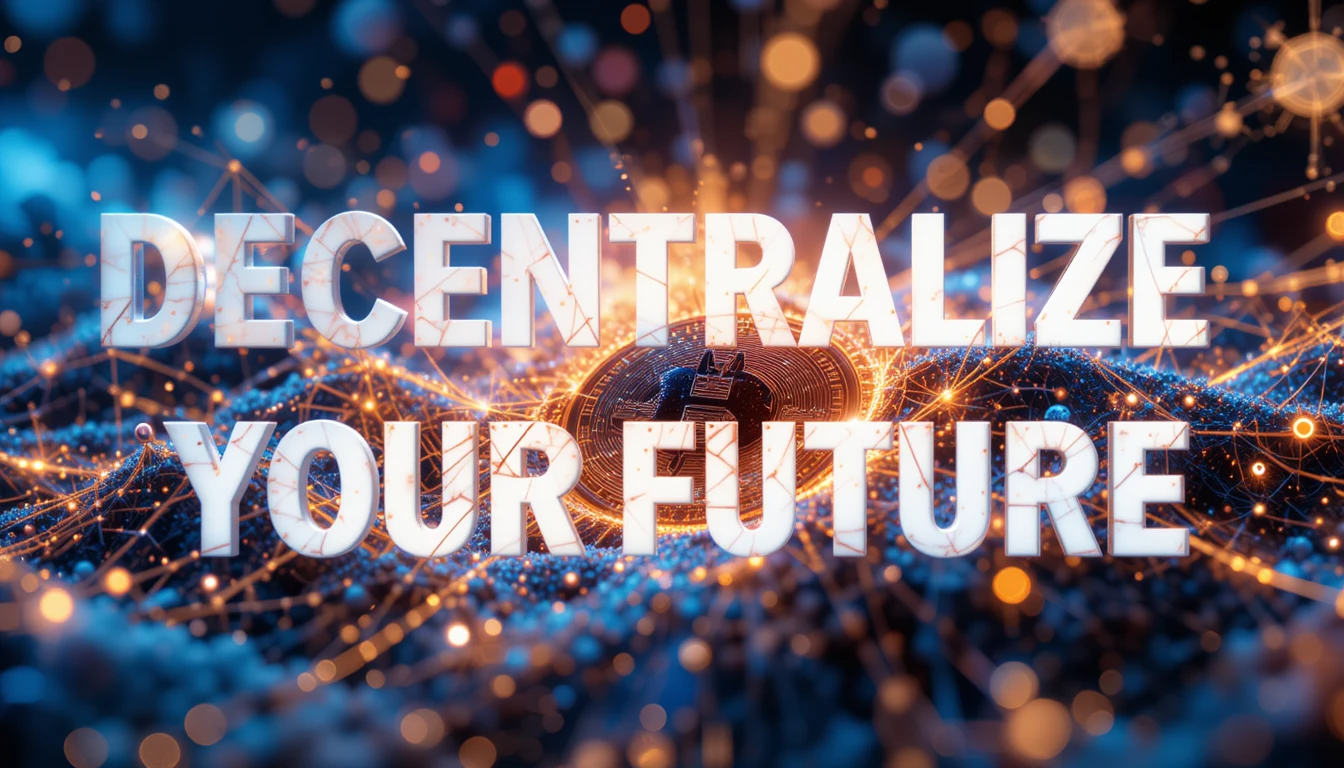
The Role of Blockchain in a Decentralized Future
At the heart of decentralization is blockchain technology. A blockchain is a distributed ledger where data is stored across thousands of nodes globally, making it nearly impossible to alter or hack.
Key Features:
- Transparency: All transactions are recorded and verifiable.
- Immutability: Once added, data cannot be changed.
- Security: Cryptography ensures safe peer-to-peer transactions.
Popular Use Cases:
- Cryptocurrencies (e.g., Bitcoin, Ethereum)
- Decentralized Finance (DeFi)
- Non-Fungible Tokens (NFTs)
- Decentralized Autonomous Organizations (DAOs)
How to Start Decentralizing Your Financial Future
One of the most immediate ways to decentralize your future is through Decentralized Finance (DeFi).
What is DeFi?
DeFi is an ecosystem of financial applications built on blockchain networks. Unlike traditional banking, DeFi operates without intermediaries.
Benefits of DeFi:
- No banks required
- 24/7 global access
- Lower fees
- High-yield opportunities (staking, yield farming)
Popular DeFi Platforms:
- Uniswap
- Aave
- Compound
- MakerDAO
Getting Started:
- Create a crypto wallet (e.g., MetaMask).
- Purchase cryptocurrency on a reputable exchange.
- Connect your wallet to a DeFi platform.
- Start lending, borrowing, or trading assets directly.
💡 Tip: Always do your own research (DYOR) and never invest more than you can afford to lose.
Own Your Data with Decentralized Identity (DID)
Our online identities are fragmented and controlled by centralized companies like Google and Facebook. Decentralized Identity (DID) gives power back to the user.
How DID Works:
- Your credentials (passport, email, etc.) are stored on a blockchain.
- You control who accesses your data.
- It eliminates the need for repeated KYC processes.
Real-World Applications:
- Secure logins without passwords
- Self-sovereign identity for refugees
- Medical records management
Decentralize Content and Communication
Beyond finance and identity, decentralization is reshaping how we communicate and share content.
Decentralized Social Media:
- Mastodon
- Lens Protocol
- Minds
These platforms don’t rely on a single server or corporation, promoting freedom of speech and user control.
Decentralized Storage:
- IPFS (InterPlanetary File System)
- Arweave
- Filecoin
These services allow users to store files across a distributed network, reducing censorship and enhancing security.
The Environmental Debate: Is Decentralization Sustainable?
One common criticism of blockchain, especially proof-of-work (PoW) systems like Bitcoin, is its environmental impact.
Solutions:
- Proof-of-Stake (PoS): More energy-efficient (e.g., Ethereum 2.0)
- Layer 2 Solutions: Reduce energy per transaction
- Carbon offset initiatives by eco-friendly blockchain projects
Risks and Challenges of Decentralization
While decentralization offers immense benefits, it’s not without challenges:
- Regulatory uncertainty
- Complex user interfaces
- Security risks (scams, hacks)
- Scalability issues
Best Practices:
- Use hardware wallets for security.
- Follow trusted communities and updates.
- Never share your private keys or seed phrases.
The Future is Now: Real-Life Adoption Stories
Many companies and governments are embracing decentralization:
- El Salvador: Bitcoin as legal tender.
- Chainlink: Decentralized oracles for smart contracts.
- Helium: Decentralized wireless networks.
Individuals are also taking charge by:
- Living off crypto
- Using decentralized VPNs and browsers (like Brave and Tor)
- Monetizing content on blockchain-based platforms
Final Thoughts: Decentralize Your Future Today
“Decentralize your future” isn’t just a catchy phrase—it’s a call to action. The traditional systems we’ve relied on are being reimagined for the digital age, offering a more secure, transparent, and empowering way of life.
By adopting blockchain technologies and decentralized platforms, you’re not just preparing for the future—you’re helping build it.
So whether you’re dabbling in crypto, managing your digital identity, or exploring DeFi, remember: The power is now in your hands.


